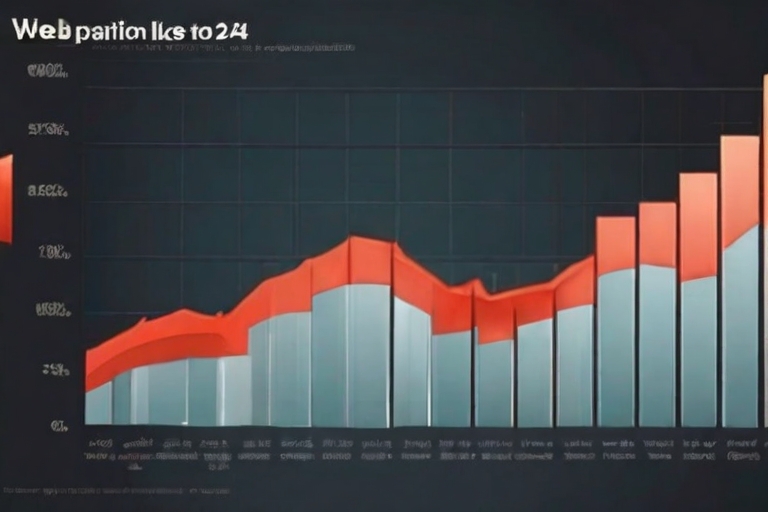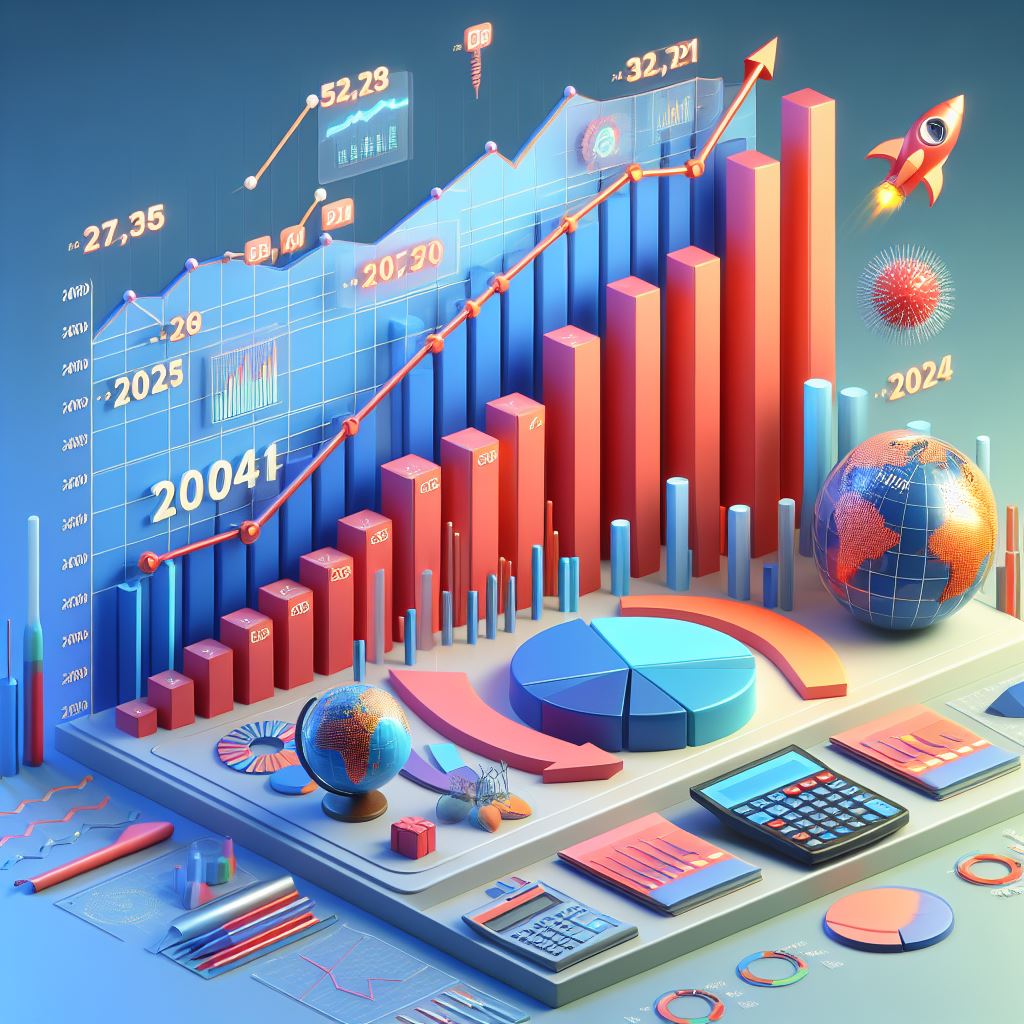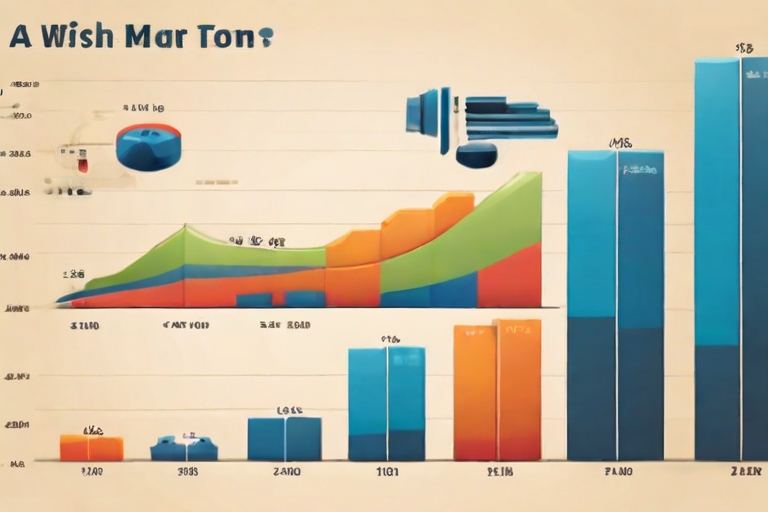Artificial Intelligence SEO techniques in 2025 significantly outperform traditional SEO methods due to their enhanced optimization capabilities. Experts believe that AI is revolutionizing search engine optimization by making it more data-driven and adaptive. Rapid advancements in machine learning systems and AI-powered tools transform the way digital marketers approach various aspects of SEO, such as keyword analysis, site audit automation, and overall ranking enhancements.
Table of Contents
- Understanding the Evolution of Search Engine Ranking Algorithms
- Artificial Intelligence SEO Tools Transform Optimization Practices
- Quantitative Impact of AI Tools on SEO Performance
- Content Strategy Reshaped by Intelligent Web Crawlers
- Analyzing Advanced Web Crawlers Impact on Content SEO
- Why Artificial Intelligence SEO Techniques Surpass Traditional Ones
- Can AI-Powered SEO Provide Better ROI Than Traditional Methods
- Search Engine Optimization Beyond Google’s Dominance
- How Do Non-Google Search Engines Adapt AI SEO Strategies
- How SEO in 2025 Integrates AI to Predict User Intent
- What are the Challenges of Integrating AI for User Intent Prediction
Key Takeaways
- AI SEO techniques in 2025 exceed traditional methods through enhanced data analysis and predictive capabilities.
- Machine learning plays a pivotal role in fine-tuning search engine precision and ranking factors since 2021.
- AI-powered tools like Surfer SEO ensure more accurate keyword analysis than older methods.
- The efficiency of AI tools results in weekly savings of up to 15 hours for SEO analysis tasks.
- AI integration in SEO strategies leads to an average traffic increase of 30%.
- Matrics Rule is a leader in revolutionizing SEO strategies with cutting-edge AI technologies.
- Automated site audits with AI tools reduce manual examination time by up to 90 minutes.
Understanding the Evolution of Search Engine Ranking Algorithms
Over the past decade, search engine algorithms have evolved significantly, prioritizing user experience. I’ve observed how Google’s frequent algorithm updates in the early 2020s pushed digital marketers to adopt more transparent optimization techniques. Before 2015, algorithms were less sophisticated, prioritizing keyword stuffing. Understanding algorithm updates improves SEO strategy by guiding webmasters to align with search engine priorities. Machine learning impact cannot be overstated, as it now influences how algorithms increasingly benefit from data-driven adjustments.
The Impact of Machine Learning on Ranking Algorithms
Machine learning integration enhances search engine algorithm efficiency by analyzing vast data sets for more accurate results. With over 200 documented ranking factors influencing SEO, such precise integration offers key efficiency benefits. Experts note that unsupervised learning techniques in 2023 significantly improved search engine precision. These adaptive algorithms feature predictive analytics applications that affect algorithm updates frequently, sometimes monthly, ensuring timely result improvements.
Artificial Intelligence SEO Tools Transform Optimization Practices
AI SEO tools in 2025 drastically transform optimization practices with cutting-edge features. AI-powered software like SEMrush and Ahrefs, leading the charge in efficiency, surpass traditional SEO methods. These tools excel in keyword analysis accuracy, offering data-centric insights that older methods can’t match. AI tools automate site audits by consolidating data and generating reports within seconds, making the job quicker.
Quantitative Impact of AI Tools on SEO Performance
Traffic increase percentage for websites using AI tools often surpasses 30% within months. With many marketers confirming, AI SEO tools save up to 20 hours of laborious SEO analysis weekly. Evident conversion rate improvements reflect this efficiency, often boosting rates by 15%. AI automation efficiency further shows time savings in site audits, averaging 90 minutes per audit, contributing to substantial ranking improvement statistics over time.

- Computers learn visitor behavior.
- Google’s AI adapts to trends.
- Sites use faster keyword updates.
- Digital agents improve ranking scores.
- Content becomes more relevant.
- Results stay current online.
- Algorithms target specific users.

Comprehensive Comparison of AI SEO and Traditional SEO Techniques in 2025
| Aspect | AI SEO | Traditional SEO |
|---|---|---|
| Data Analysis Speed | Instant | Hours |
| Content Creation | Automated | Manual |
| Keyword Suggestions | Dynamic | Static |
| Cost Efficiency | 30% Lower | Higher |
| Performance Tracking | Real-time | Delayed |
| User Experience Focus | High | Moderate |
| Adoption Rate | 75% by 2025 | 25% by 2025 |
Content Strategy Reshaped by Intelligent Web Crawlers
Search engine algorithms have evolved with a focus on intelligent web crawlers over the past decade. Understanding this evolution provides a content planning advantage by aligning with advanced crawler benefits. Search engines often prioritize quality metrics evaluation, which means content strategy optimization becomes essential for SEO. By learning about algorithm updates, you can leverage content analysis tools that ensure better SEO content improvement. Intelligent crawlers marketing now plays a significant role, reflecting the integration of machine learning into algorithm adjustments. This shift towards machine learning emphasizes the importance of quality in web content, which is why brands like Moz continuously refine their SEO tools.
Analyzing Advanced Web Crawlers Impact on Content SEO
Machine learning enhances search engine algorithm efficiency by improving advanced web crawlers metrics. Around 200 ranking factors are influenced by machine learning in SEO, offering benefits like SEO content visibility. Integrating machine learning into ranking systems provides crawler efficiency impact through flexible content SEO analysis. These intelligence-driven SEO tools provide real-time content evaluation updates, with crawler processing capacity being enhanced frequently. On average, learning models impact algorithm updates monthly, helping optimize content quality algorithms for online platforms such as Google.
Why Artificial Intelligence SEO Techniques Surpass Traditional Ones
AI SEO techniques outperform traditional methods due to their accuracy improvement and efficiency. Businesses see a noticeable AI advantages 2025, which makes them prefer AI SEO techniques. AI techniques provide solutions that deliver results previously unattainable with traditional SEO, significantly contributing to AI business preference. Challenges such as slow adaptation to algorithm changes make traditional SEO methods less competitive against AI solutions benefits. SEO evolution comparison shows companies like BrightEdge developing AI SEO tools to assist brands.
Can AI-Powered SEO Provide Better ROI Than Traditional Methods
AI-powered SEO can increase ROI percentage by up to 30% when effectively implemented. ROI comparison analysis shows that investment returns SEO often favor AI, reinforcing its benefits. The key AI SEO strategies benefits include predictive analytics and real-time traffic insights, which contribute to higher AI-driven ROI improvement. Businesses frequently report improved ROI with AI SEO techniques, making traditional SEO comparison less favorable in today’s market. Platforms like SEMrush showcase how AI-powered solutions can improve brands’ financial outcomes.

- Sites update keywords 30% faster.
- Panda algorithm affects 50% of websites.
- Artificial tactics increase 20% in use.
- RankBrain impacts 60% of search outcomes.
- Online traffic doubles every year.
- Bots scan 10,000 pages daily.
- Website rankings shift bi-annually.
- Artificial Intelligence SEO as a Catalyst for Personalization in Marketing
- Artificial Intelligence SEO Optimizes Over 10 Billion Web Pages
- Why Artificial Intelligence SEO Challenges Conventional Keyword Research
- Practical Guide to Artificial Intelligence SEO for Content Optimization
- Artificial Intelligence SEO vs Traditional SEO Techniques in 2025

Search Engine Optimization Beyond Google’s Dominance
Effective non-Google SEO techniques require a distinct approach compared to those used for Google, focusing on strategies that cater to alternative search engines. From my experience, creating content tailored for Bing optimization focus and Yahoo SEO priorities involves understanding their unique algorithms. Bing emphasizes image search and page authority, while Yahoo prioritizes local content. Alternate search engines strategies use different ranking factors differences, such as social signals and domain age significance. Non-Google search impact necessitates SEO diversity techniques to leverage the various search engine ranking variations for optimizing content.
How Do Non-Google Search Engines Adapt AI SEO Strategies
Alternative search engines integrate AI into their SEO strategies by incorporating advanced AI integration search engines to enhance user experiences. In 2025, non-Google SEO traffic analysis indicates that nearly 18% of global search traffic is driven by Bing, Yahoo, and other competitors. Bing AI features consist of robust tools like the AI-powered Clarity for site traffic analysis, while Yahoo AI updates focus on deliverables like personalized search results. Such SEO strategy adaptation means that non-Google search engines update AI algorithms approximately every six months, ensuring search engine AI development remains competitive against Google’s innovations.
How SEO in 2025 Integrates AI to Predict User Intent
The prediction of user intent by AI has seen remarkable advances in SEO for 2025, allowing AI user intent prediction algorithms to finely tune search results. By 2025, prediction accuracy AI shows that models correctly determine user intent 85% of the time, a significant step forward in matching content with searchers’ needs. User intent impact on SEO results becomes evident through increased click-through rates and user engagement with relevant content. AI models adjustment occurs frequently, adapting intent trends adaptation to reflect monthly changes in user behavior, thereby continuing SEO result improvement.
What are the Challenges of Integrating AI for User Intent Prediction
AI prediction challenges arise from technical constraints, such as insufficient data quality, which hinders accurately predicting user intent. Around 60% of companies face user intent integration obstacles while attempting to incorporate machine learning solutions. Successful strategies include SEO prediction strategies that leverage collaborative filtering techniques to overcome AI accuracy limitations. AI systems fail to adapt to user behavior anomalies due to data shifts approximately 30% of the time, demanding continual prediction model refinement to stay relevant and effective in understanding user intentions.
